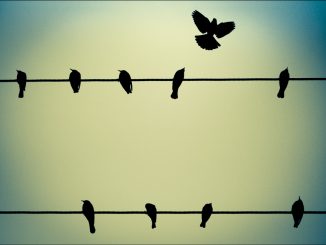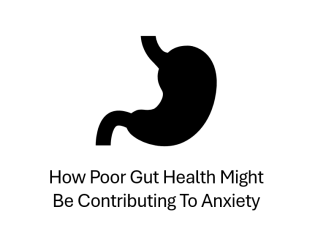There is often a truth in that when we try and do the right thing, we may accidentally make a situation worse.
I always think back to the findings that came about after World War Two where, during the bombings of London by the Germans, the people in charge felt it was a better idea to remove children from their families, and instead place the little ones with strangers in “safer” areas.
Sure, that, on the surface at least, seems to make sense. Getting children out of a war-torn and dangerous city in the middle of the blitz seems perfectly logical.
However, later studies found that there were increased negative mental health effects on the children who were taken away and isolated from their loved ones and their homes.
Similarly, a study out of the USA during the COVID-19 spread has found that parents’ good intentions may not have spared little ones any additional stress.
Researchers from the Washington State University Department of Human Development found that when parents suppress feelings of stress around their kids this can transmit those feelings to the children.
Focusing on interactions between parents and children between the ages of seven and 11, lead author of the study Assistant Professor Sara Waters says they found that children had a physical response when parents tried to hide their emotions.
“It shows what happens when we tell kids that we’re fine when we’re not. It comes from a good place; we don’t want to stress them out. But we may be doing the exact opposite.”
The researchers first got baseline measurements from both parent and child and asked each to list the top five topics that caused conflict between them.
Then, they separated the parents from the children and asked each parent to perform a stressful activity, like public speaking, to activate the physiological stress response system.
Next, with the parent suitably stressed, they brought the child back in and asked them to have a conversation about the topic that ranked highest on both of their conflict lists. Half of those parents were asked to suppress their emotions during the conversation.
The interactions were all filmed and scored by third-party viewers who didn’t know which parents were in which group. The parents and children also had sensors on their bodies to measure their physiological responses.
They found that for the groups suppressing emotions, both parents and children were less warm and engaged with each other.
“That makes sense for a parent distracted by trying to keep their stress hidden, but the kids very quickly changed their behavior to match the parent,” Waters said.
And, this again looks to be another opportunity to provide emotional validation to other people, especially our children.
“So if you’re stressed and just say, ‘Oh, I’m fine’, that only makes you less available to your child. We found that the kids picked up on that and reciprocated, which becomes a self-fulfilling dynamic.”
“Research shows that it’s more comforting for kids to have their feelings honored than just be told ‘It’s going to be fine,'” Waters said.
“Try not to solve their problem. And try to do the same for yourself, permit yourself to be frustrated and emotional.”



